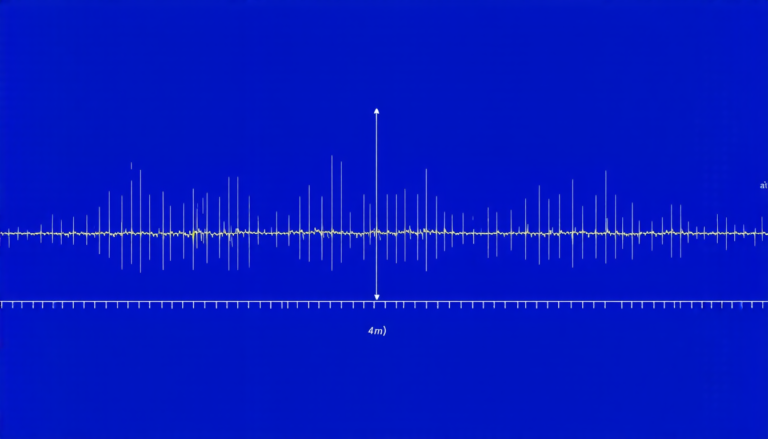Wednesday 16 April 2025
The pursuit of understanding human behavior and decision-making has long been a staple of social sciences, but it’s often hampered by the limitations of traditional statistical methods. A new R package, pumBayes, aims to change that by providing a powerful tool for analyzing complex voting patterns and ideological behaviors.
At its core, pumBayes is an implementation of probit unfolding models (PUMs), a novel class of scaling models that allow for items with both monotonic and non-monotonic response functions. This flexibility makes PUMs particularly well-suited to modeling the complex and often contradictory nature of human preferences.
The package’s creators, a team of researchers from the University of Washington and Michigan, have been working on pumBayes as part of their efforts to develop more sophisticated methods for analyzing political behavior. By leveraging Markov chain Monte Carlo algorithms, they’ve created a tool that can estimate both static and dynamic PUMs with ease.
One of the key advantages of pumBayes is its ability to handle non-linear relationships between variables, which is often a major challenge in traditional statistical modeling. This allows researchers to capture more nuanced and realistic patterns in data, leading to more accurate predictions and a better understanding of human behavior.
The package has already been put through its paces on several real-world datasets, including roll-call voting data from the US House of Representatives and Supreme Court justices’ voting records. In these cases, pumBayes was able to provide a significantly better fit to the data than traditional models, offering insights that could inform more effective policy decisions.
But pumBayes isn’t just limited to political science applications – its flexible modeling framework makes it potentially useful in a wide range of fields, from marketing and consumer behavior to psychology and sociology. And with its open-source nature and R implementation, the package is freely available for researchers and developers to use and build upon.
As we continue to grapple with the complexities of human decision-making, tools like pumBayes offer a powerful new way to gain insights into our own behavior – and that of others. By providing a more accurate and nuanced understanding of how people make choices, this package has the potential to revolutionize fields from politics to marketing, and everything in between.
Cite this article: “Bayesian Probit Unfolding Models in R: A Comprehensive Review and Application to US Supreme Court Voting Data”, The Science Archive, 2025.
Human Behavior, Decision-Making, Social Sciences, Statistical Methods, Probit Unfolding Models, Pums, Scaling Models, Markov Chain Monte Carlo Algorithms, Non-Linear Relationships, Data Analysis







